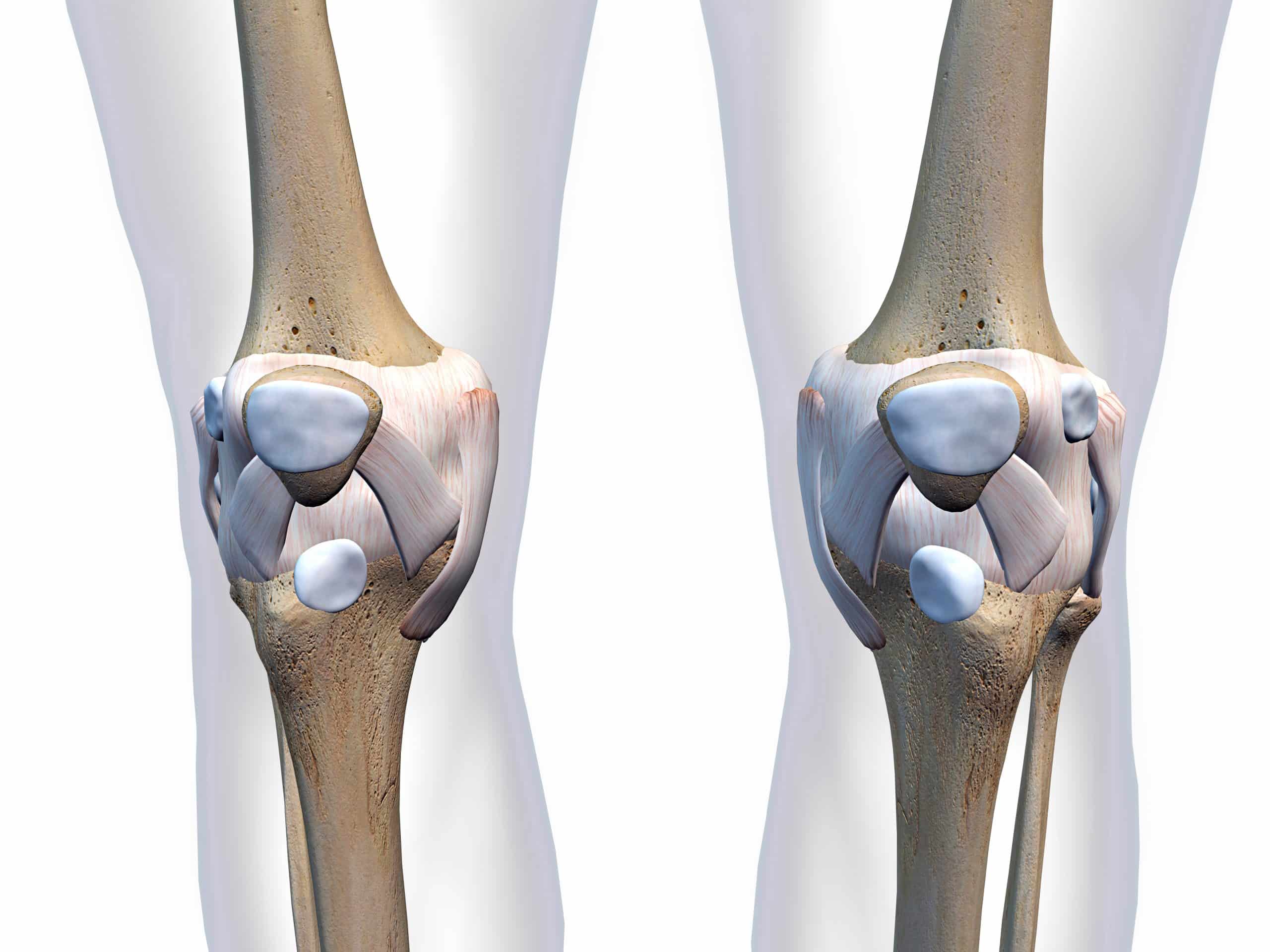What Treatments Do Knee Management Specialists Offer?
Knee pain is a common issue affecting individuals of all ages. Whether caused by injury, arthritis, or chronic conditions, knee pain can significantly impact daily life. A knee management specialist plays a crucial role in diagnosing and treating various knee-related problems. If you are experiencing knee discomfort and searching for a Knee Pain doctor in the Financial District, you need a specialist who offers comprehensive treatment options.
Diagnosis and Assessment of Knee Pain
The first step in effective knee pain management is a thorough diagnosis. A knee management specialist conducts a detailed assessment to determine the root cause of the pain. This process may include:
- Physical Examination: Evaluating the knee’s range of motion, strength, and stability.
- Imaging Tests: X-rays, MRIs, or CT scans help identify structural damage or inflammation.
- Medical History Review: Understanding past injuries, lifestyle factors, and family history of knee conditions.
By identifying the underlying cause of knee pain, specialists can recommend the most appropriate treatment plan.
Non-Surgical Treatments for Knee Pain
Many knee pain cases can be effectively treated without surgery. A knee management specialist offers several non-invasive options to alleviate pain and restore mobility.
1. Physical Therapy
Physical therapy is often the first line of treatment. It helps strengthen the muscles around the knee, improve flexibility, and enhance joint function. A customized rehabilitation plan may include:
- Strengthening exercises
- Stretching routines
- Balance and stability training
- Low-impact aerobic activities
2. Medications
Depending on the severity of the pain, medications may be prescribed to reduce inflammation and discomfort. Common medications include:
- Nonsteroidal anti-inflammatory drugs (NSAIDs) like ibuprofen or naproxen
- Corticosteroids to manage chronic inflammation
- Pain relievers for short-term relief
3. Injection Therapies
For persistent knee pain, a knee management specialist may recommend injections to provide relief and promote healing.
- Corticosteroid Injections: Help reduce inflammation and pain.
- Hyaluronic Acid Injections: Improve joint lubrication and function, especially in osteoarthritis cases.
- Platelet-Rich Plasma (PRP) Therapy: Uses the patient’s own platelets to stimulate healing and tissue regeneration.
4. Lifestyle Modifications and Weight Management
Maintaining a healthy weight can significantly reduce pressure on the knees. A knee pain doctor financial district may provide dietary recommendations and exercise modifications to prevent further knee stress.
Minimally Invasive Procedures for Knee Pain
If conservative treatments do not provide sufficient relief, a knee management specialist may recommend minimally invasive procedures to target the pain effectively.
- Arthroscopy
Knee arthroscopy is a minimally invasive procedure used to diagnose and treat knee problems. It involves inserting a small camera into the knee joint through tiny incisions, allowing specialists to:
- Remove damaged cartilage
- Repair ligaments
- Treat meniscus tears
- Genicular Nerve Blocks and Radiofrequency Ablation (RFA)
These procedures target the nerves responsible for knee pain. A Knee Pain doctor in the Financial District may use:
- Genicular Nerve Blocks: Local anesthetic injections to temporarily relieve pain.
- Radiofrequency Ablation: Heat treatment to disrupt pain signals and provide long-term relief.
Surgical Treatments for Knee Pain
When non-surgical methods fail, surgery may be the best option. A knee management specialist can determine if surgery is necessary based on the patient’s condition.
- Partial or Total Knee Replacement
Severe arthritis or joint degeneration may require knee replacement surgery. This procedure involves:
- Removing the damaged knee joint
- Replacing it with an artificial implant
- Restoring mobility and reducing chronic pain
- Ligament Reconstruction
Torn ligaments, such as ACL or MCL injuries, often require surgical intervention to restore knee stability. The specialist may use grafts from the patient’s own body or donor tissue to reconstruct the ligament.
Post-Treatment Rehabilitation and Recovery
After treatment, whether surgical or non-surgical, rehabilitation is essential for optimal recovery. A knee management specialist will design a customized recovery plan, including:
- Gradual physical therapy progression
- Pain management strategies
- Long-term knee care techniques
Choosing the Right Knee Management Specialist
Finding the right Knee Pain doctor in the Financial District is essential for effective treatment. When selecting a specialist, consider:
- Experience and Credentials: Board-certified specialists with a strong track record in knee pain management.
- Comprehensive Treatment Approach: A doctor who offers a mix of non-surgical and surgical options tailored to individual needs.
- Patient Reviews and Testimonials: Positive feedback from past patients can indicate a reputable practitioner.
Conclusion
Knee pain can disrupt daily life, but with the right treatment plan, relief is possible. A knee management specialist offers various treatment options, from physical therapy and medications to minimally invasive procedures and surgery. If you are searching for a Knee Pain doctor in the Financial District, prioritize a specialist who provides personalized and effective care. Early intervention can prevent further complications and ensure a better quality of life.














Post Comment